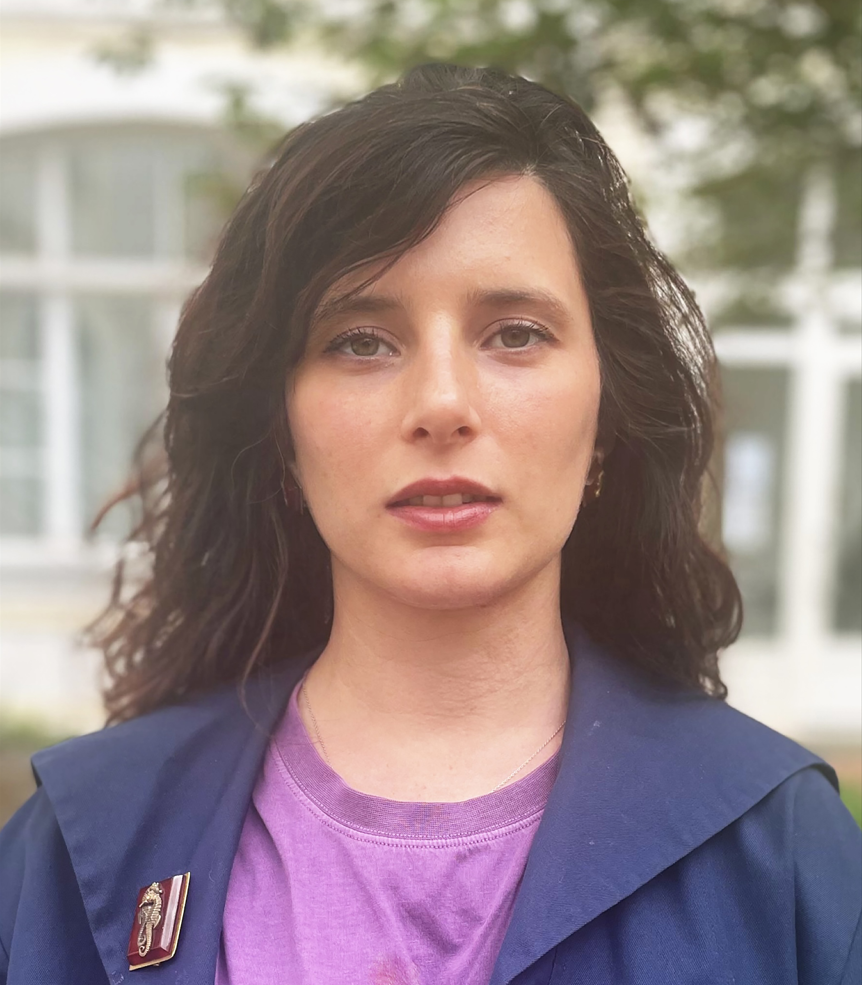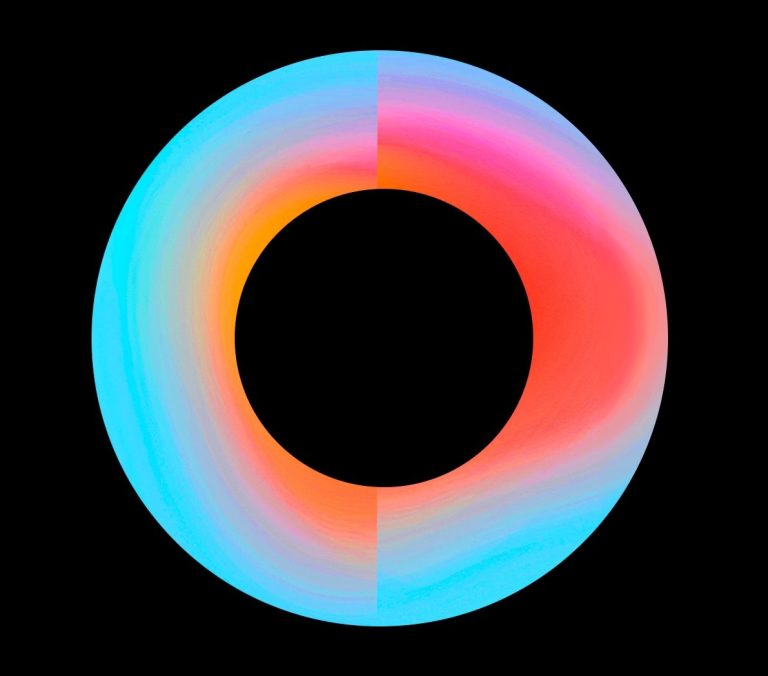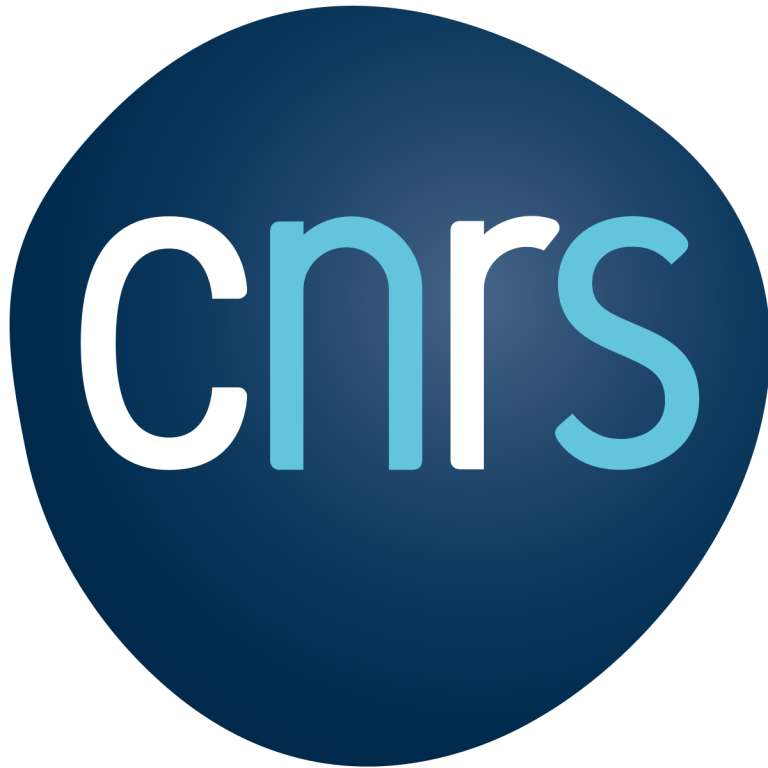Giulia Grossmann
Filmmaker
July-August 2025

- Cinema
- Boston
“I am interested in scientific research for its plastic, cinematic, and speculative dimensions. Science designs scenarios based on real data, creating a space of possibilities, resonating with the work of a science fiction writer.”
My field of research and experimentation explores the interactions between experimental cinema, documentary, and the sciences. Each film represents a deep dive into specific areas where various cultural, utopian, environmental, and scientific issues intersect. These explorations reflect on our relationship with the environment and how our perceptions, beliefs, and practices influence our multiple ways of inhabiting the Earth. In this context, I regularly collaborate with scientists, whether they work in exact or social sciences. This hybrid approach, which integrates scientists’ aspirations with diverse narrative forms, allows me to explore how science opens perspectives toward other realities.
My residency at Villa Albertine will allow me to explore the convergences between science and fiction in Woods Hole, Massachusetts, a city renowned for its advancements in marine biology. I aim to investigate the interactions between scientific narratives and fictional storytelling through a cinematic inquiry. This fictional immersion, from surface waters to abyssal depths, will reveal how imagination and speculation enrich scientific quests.
Giulia Grossmann, a filmmaker, explores the interactions between humans and their environment through her films. A multiple award winner of the CNC quality prize, she is currently preparing ‘The Memory of the Mangrove’ in Brazil and the project ‘Midnight Sun’ in Iceland, aboard the ArticLab project boat, supported by the Goethe-Institut and Cneai = ArTeC and Finis terrae. Her project for Villa Albertine is part of her research on the relationship between humans and the marine environment.
This cinematic research project focuses on the role of imagination in advancements in marine biology. How has imagination influenced major discoveries in this field? How do these advancements stimulate a constant exploration and re-evaluation of our paradigms? What is the impact of visual representation modes, from drawing to cinema, on our perception of the ocean?
This research combines laboratory observation of marine biology with the exploration of the landscape in Woods Hole, following in the footsteps of biologist Rachel Carson, who also resided there during the summers and wrote her book “The Sea Around Us.”
Villa Albertine will allow me to explore this region renowned for its marine biology laboratories and establish connections with American science fiction films shot in the area, exploring fears and fantasies related to the sea such as “The Abyss” and “Jaws.”
The cinematic inquiry I plan to conduct will be enriched by archives, analytical tools such as optics, microscopy, aquariums, data, diagrams, scanning electron microscopes, and artificial intelligence, as well as the insights of researchers I meet.
I am interested in scientific research for its plastic, cinematic, and speculative dimensions. Science designs scenarios based on real data, creating a space of possibilities, resonating with the work of a science fiction writer. Cinema, interpreting the real, questions, like science, our perception of reality.
In the field of marine biology, we now know that between the surface and the depths of the oceans, there are distinct layers whose characteristics are closely linked to the physiology and ecology of the organisms living there. In turn, the discovery of these specifics alters how humans can observe this environment as well as exploit, explore, admire, imagine, and think about it. This exploration from the surface to the oceanic abysses highlights the role of imagination when data is scarce and access is limited.
The desire to conduct this research in the United States, specifically in Woods Hole, is based on the region’s exceptional reputation as a center for marine biology research. Woods Hole is home to prestigious scientific institutions such as the Oceanographic Institute, the Marine Biological Laboratory, the Woods Hole Research Center, as well as key agencies like the National Oceanic and Atmospheric Administration (NOAA) and the United States Geological Survey (USGS). These institutions have played a crucial role in advancing marine knowledge in the United States.
The uniqueness of Woods Hole lies in its concentration of influential figures who have marked the history of marine biology research. The presence of these renowned institutions creates a dynamic intellectual ecosystem that I wish to fully explore in my cinematic research project. Woods Hole provides an ideal setting for the cinematic exploration of marine biology research. The aquariums, collections of microalgae and plankton, as well as images from underwater exploration robots, offer invaluable resources for immersive documentation of the scientific research process. This abundance of visual and auditory material represents an exceptional opportunity to capture the nuances and complexity of underwater scientific exploration.
I aim to film in various research institutes, engage with prominent researchers in Woods Hole about their innovative work, and explore the interaction between observation and prospecting within the scientific community.
In partnership with

la Fab. Agnes b.

Objectif Video Nice OVNI

Science New Wave
https://www.sciencenewwave.com/

cneai =
https://cneai.com/


